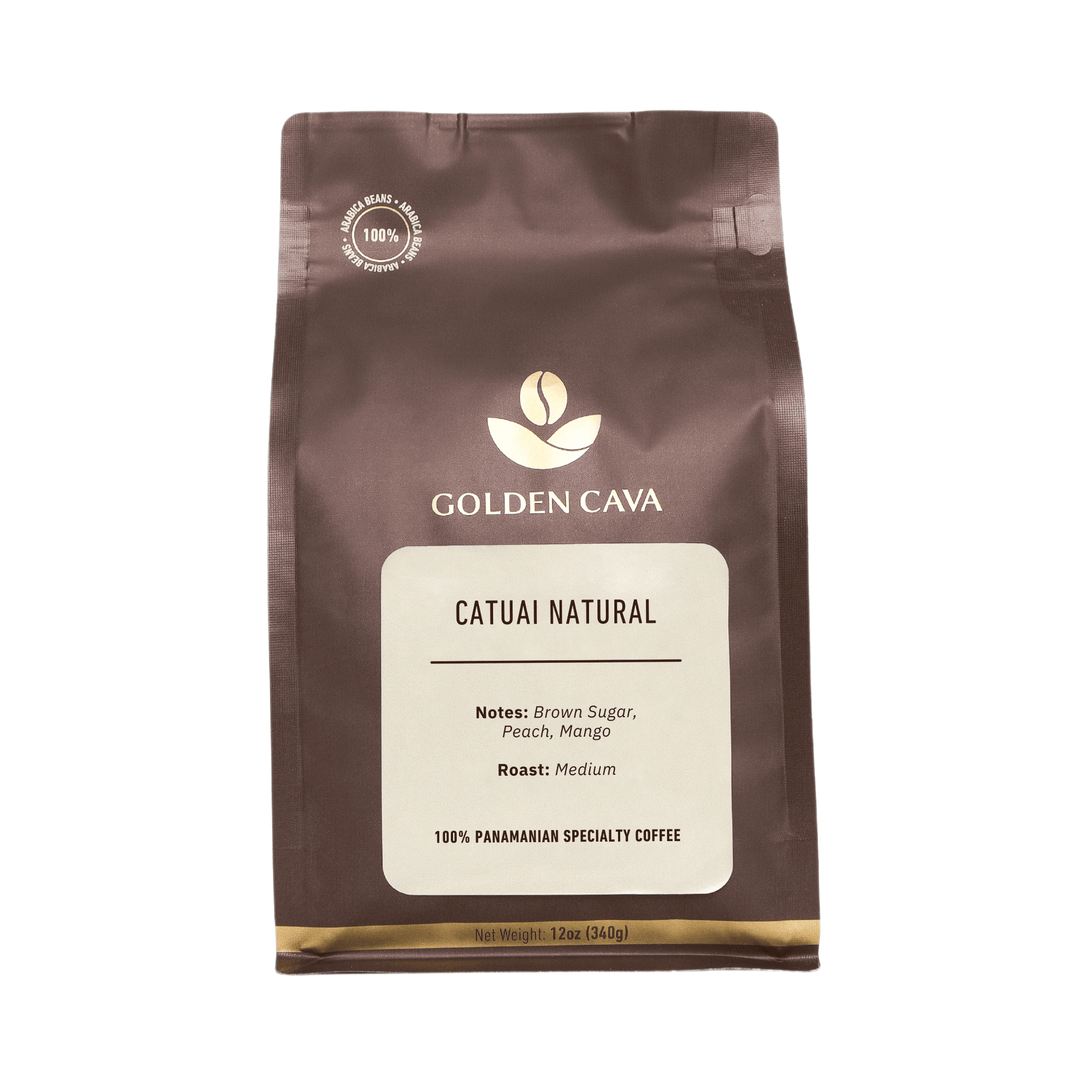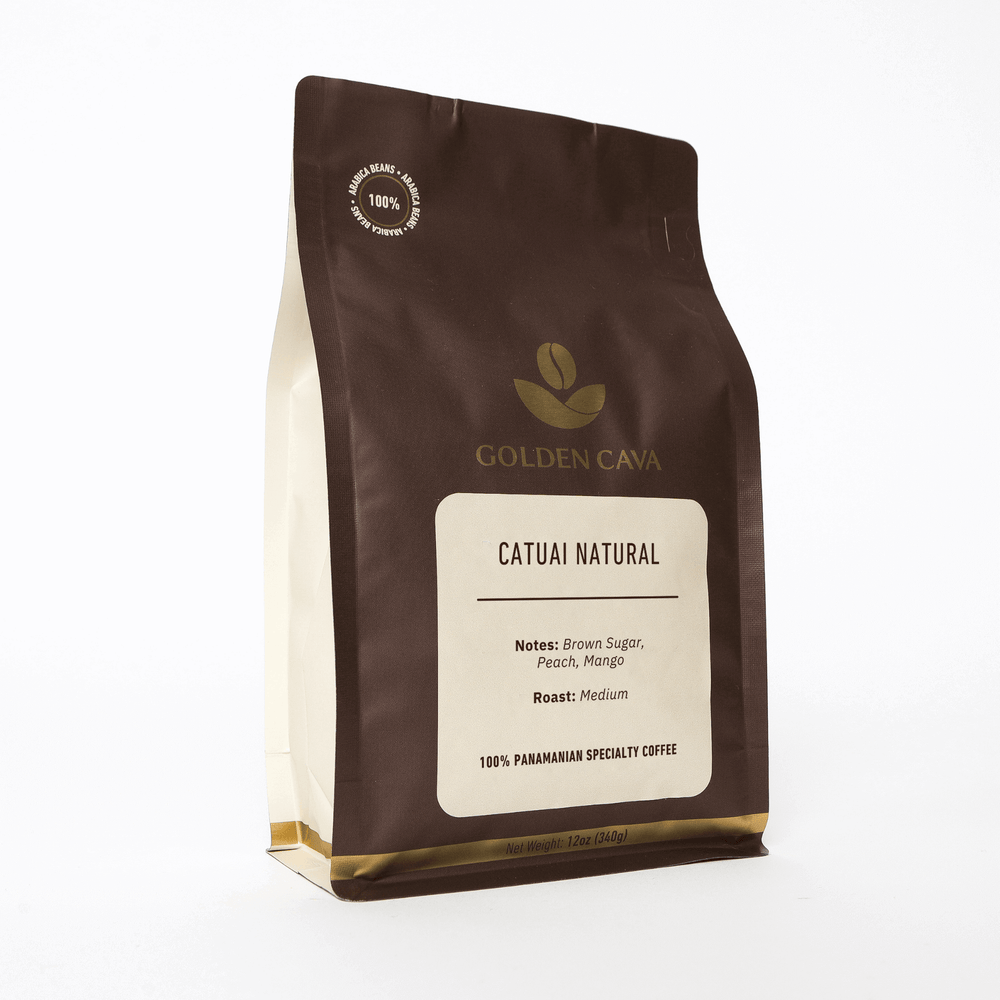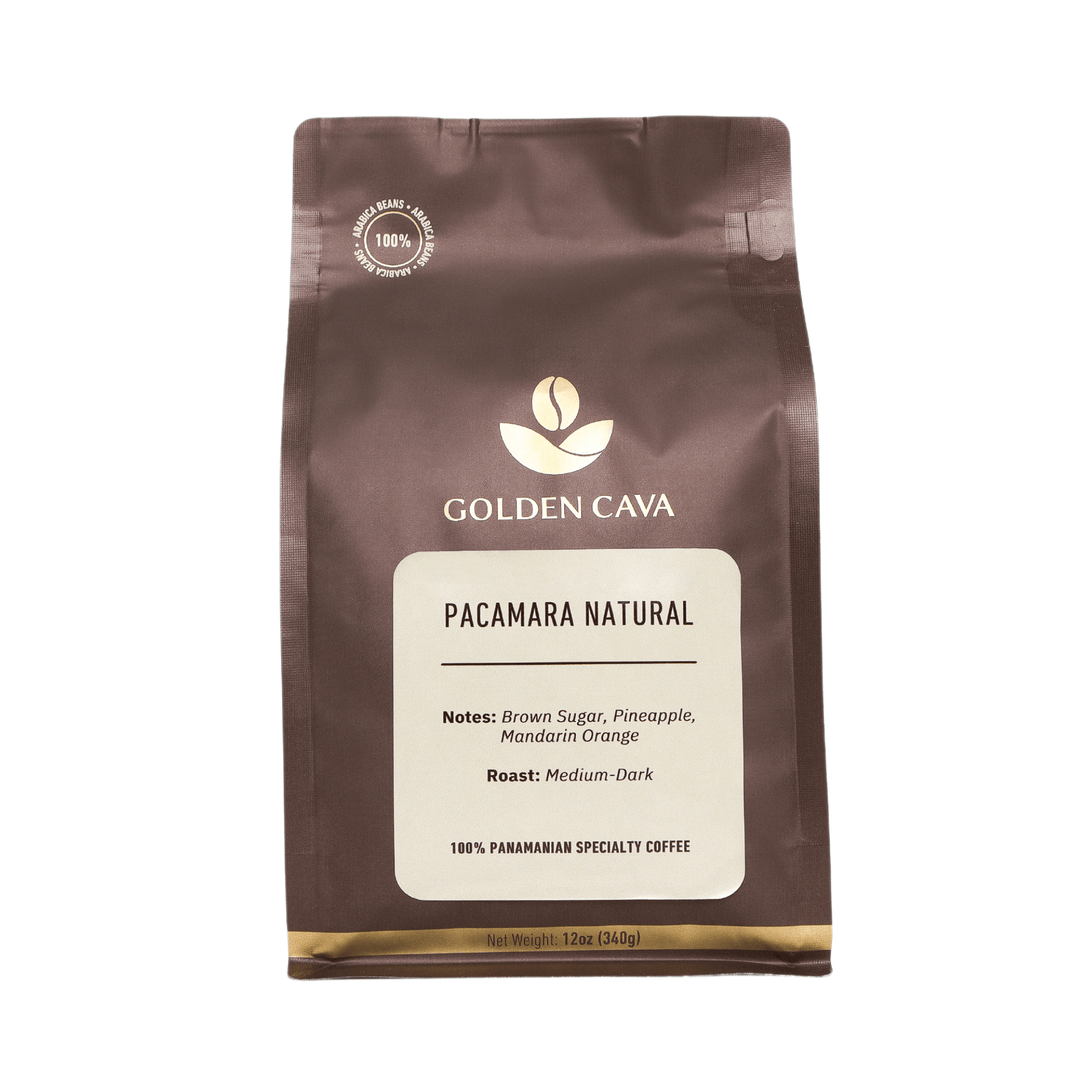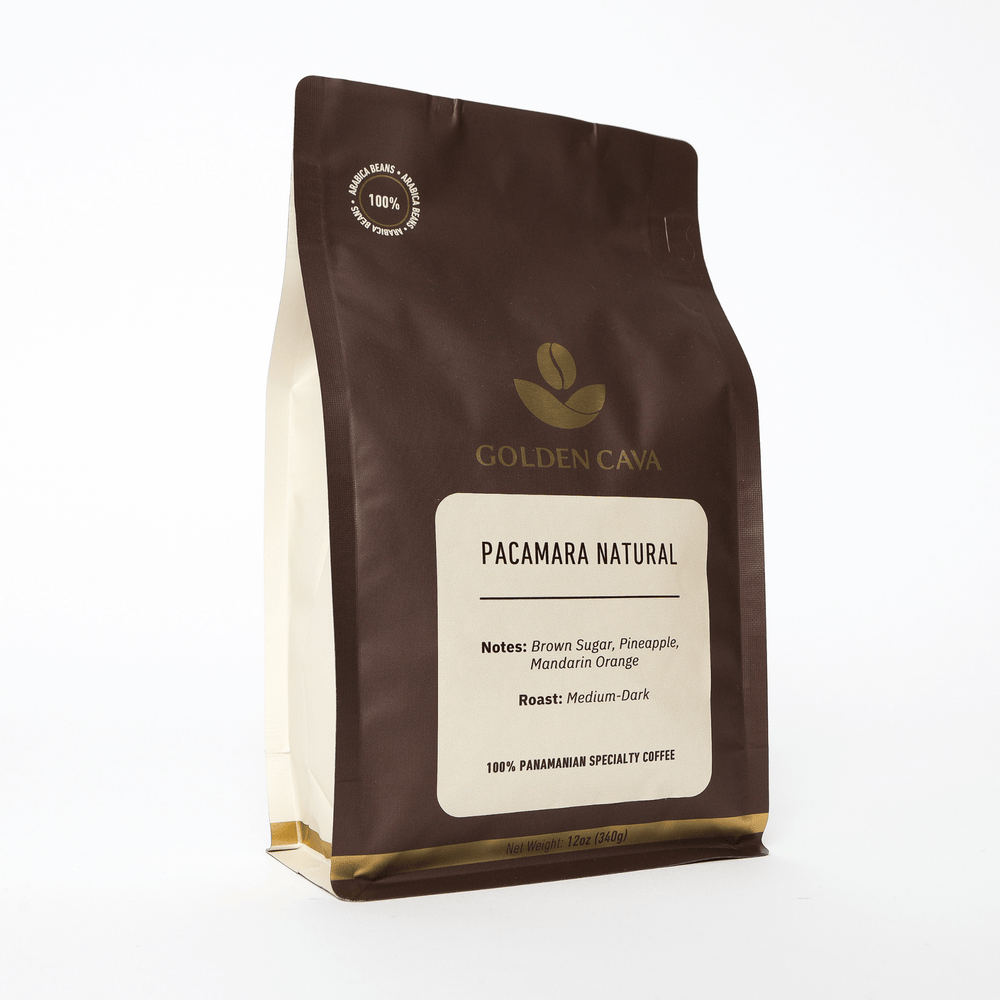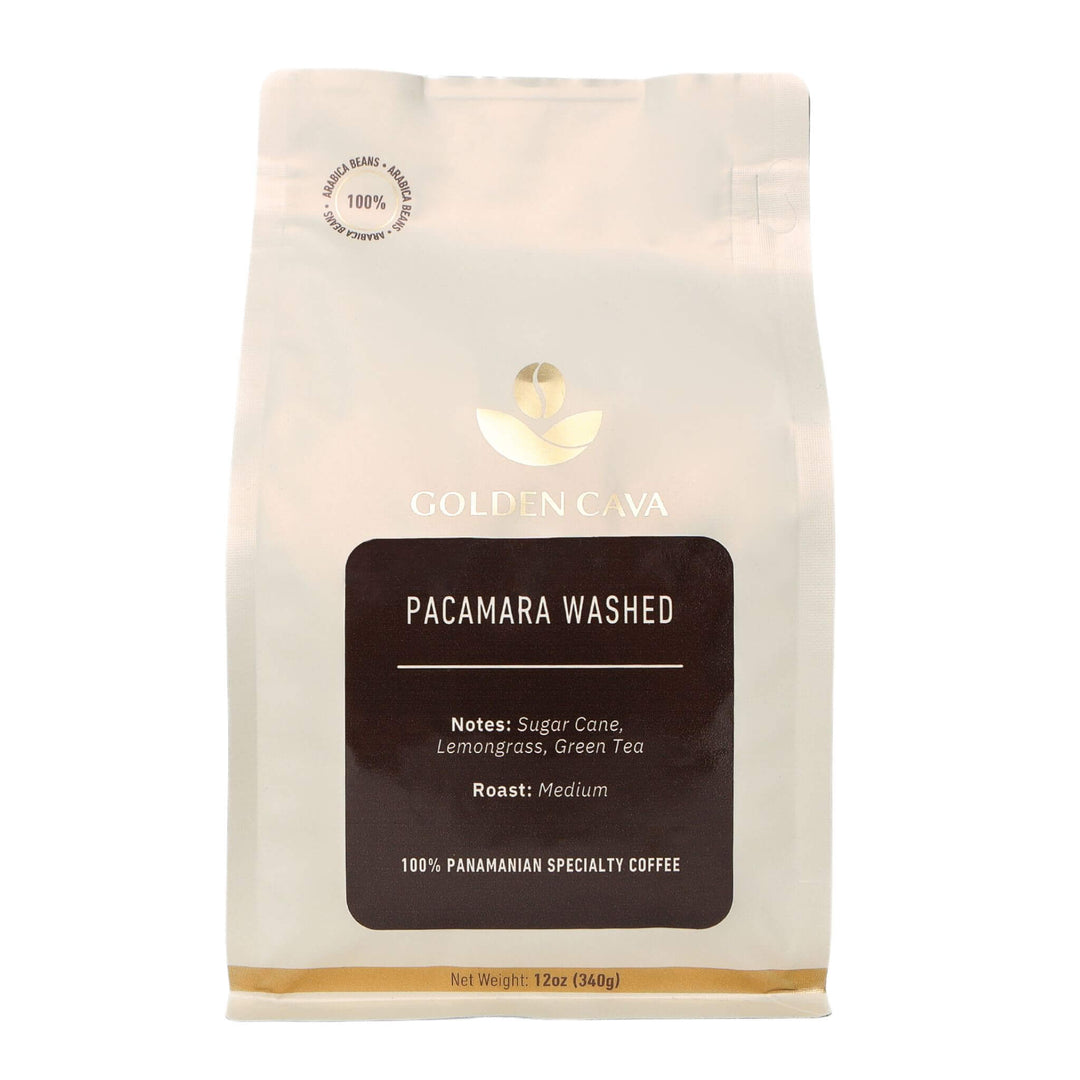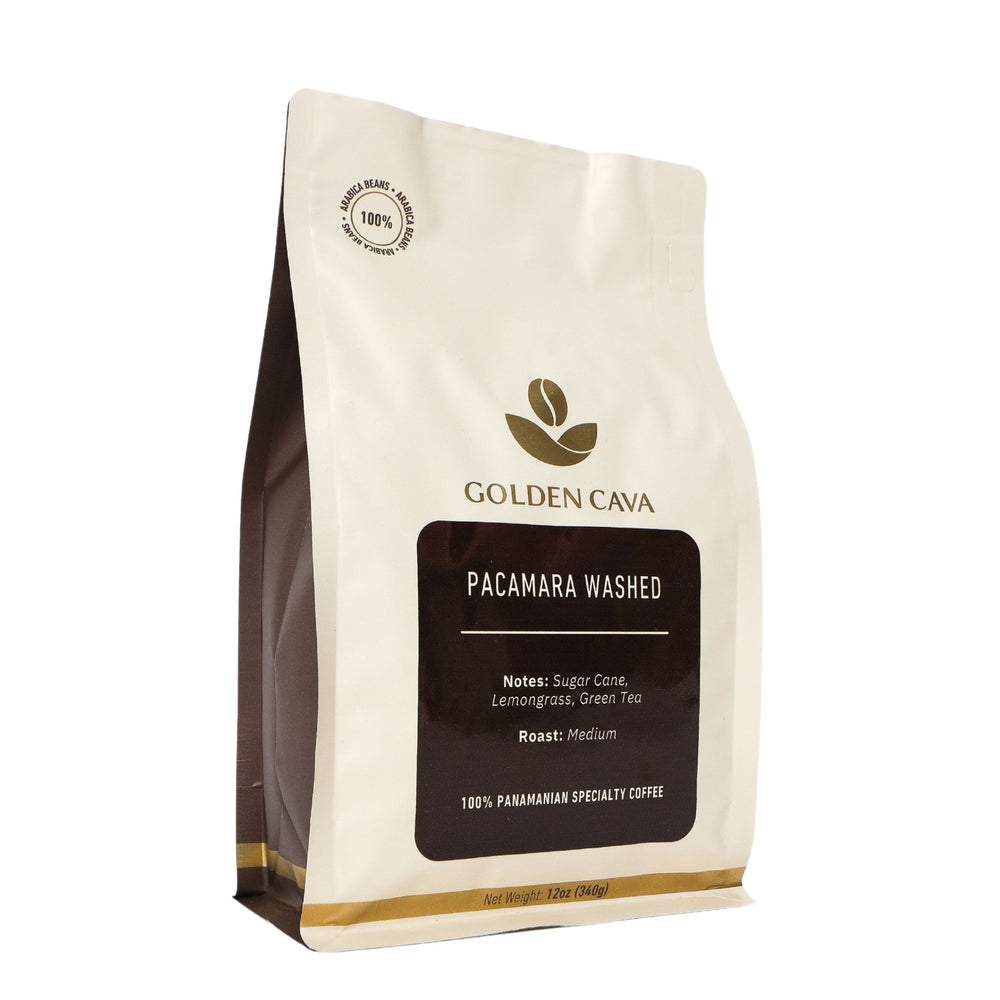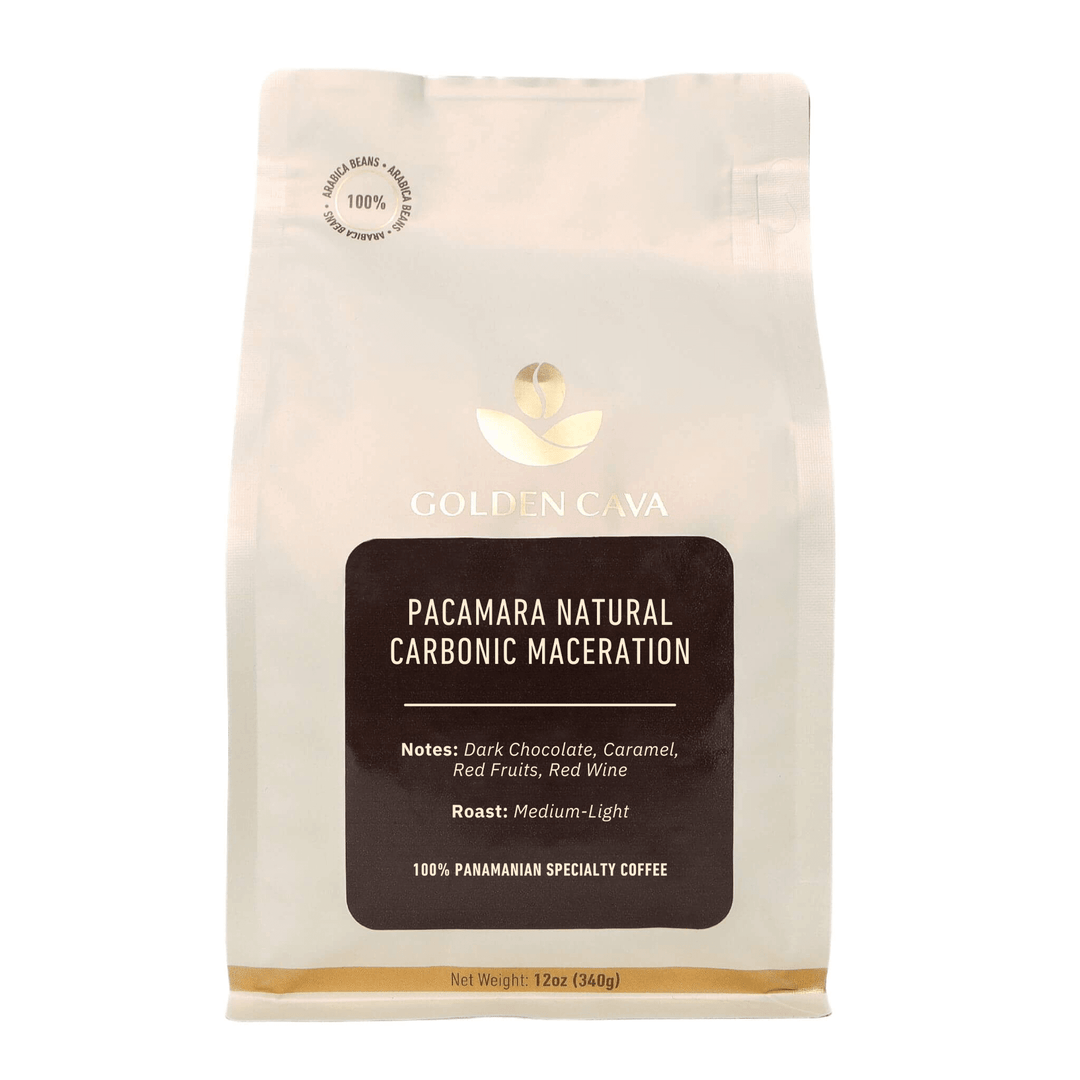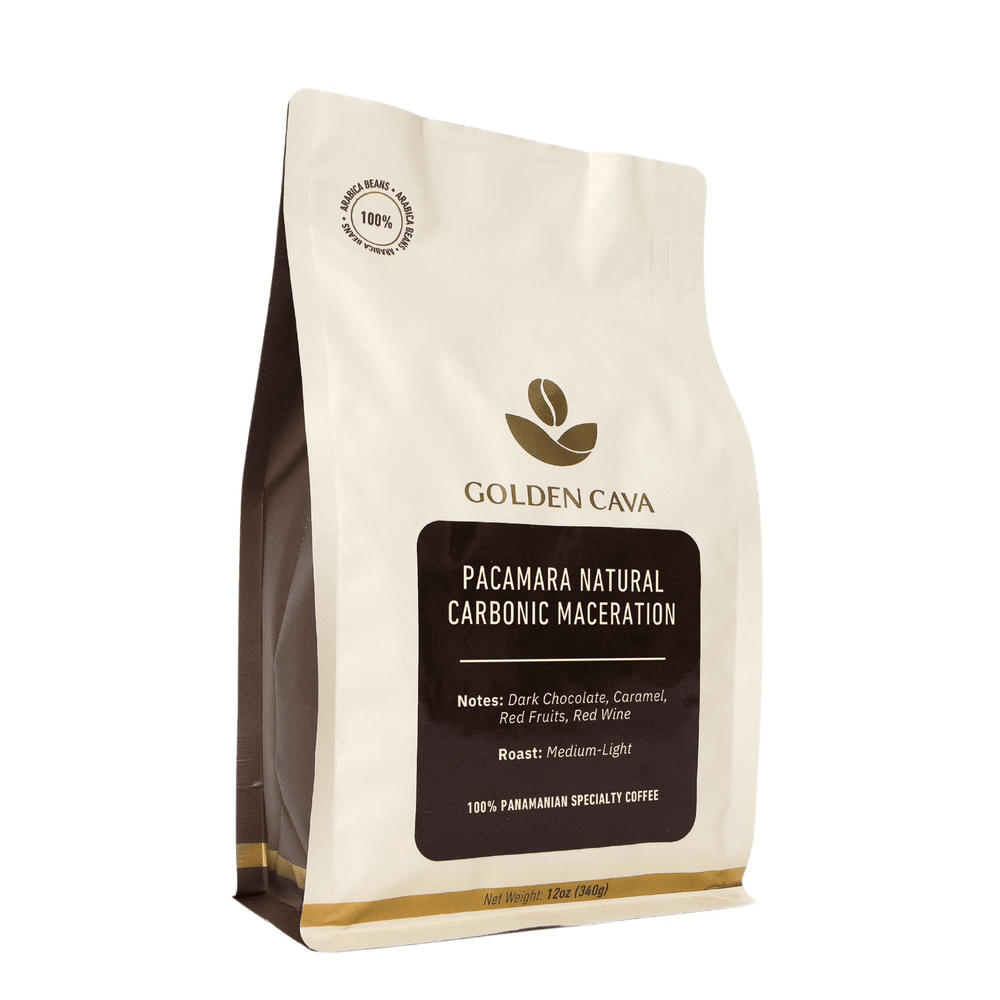If you are someone who has ever wondered how many carbs are in coffee, this knowledgeable guide will provide the answers you are looking for! It's important to understand the nutritional content and effects of coffee, a popular beverage millions consume.
As you explore the wonderful and delicious world of coffee beverages, it's clear that not all drinks are equal when considering their carb content. By understanding how many carbs are in coffee and making conscious choices based on this information, you can continue to enjoy your favorite caffeine kick while maintaining a balanced diet.
Table Of Contents:
- 1. Understand the Carb Content of Coffee
- 2. Carbohydrates in Plain Black Coffee
- 3. Different Types of Coffee and Their Carb Content
- 4. Factors That Affect Carb Content in Coffee
- 5. Benefits of Low-Carb Coffee
- 6. Tips for Enjoying Low-Carb Coffee
- Frequently Asked Questions How Many Carbs Are in Coffee
- Is Your Coffee Intake Worth the Carbs?
1. Understand the Carb Content of Coffee
When it comes to coffee intake, many people are curious about its carbohydrate content. For those with diabetes or following a low-carb diet, understanding the carbohydrate content of coffee is essential for monitoring their daily carb intake.
2. Carbohydrates in Plain Black Coffee
Plain black coffee contains minimal carbs. A standard 8-ounce (240ml) cup has approximately 0-2 grams of carbs, making it an excellent choice for those watching their carbohydrate consumption.
The small amount of carbs present in black coffee primarily comes from natural sugars and trace amounts of dietary fiber found in the beans themselves. As a result, plain black coffee can be considered virtually carb-free.
Caffeine's Impact on Blood Sugar Levels
In addition to having negligible carbohydrates, caffeine - one of the main components found in most coffees - does not significantly impact blood sugar levels when consumed moderately (source).
However, excessive caffeine consumption may cause fluctuations in blood sugar levels due to increased stress hormones like cortisol and adrenaline (source). Therefore, it's essential to consume caffeinated beverages such as coffee responsibly.
Natural Compounds Found In Coffee Beans That May Benefit Health
- Polyphenols: These antioxidants help reduce inflammation and protect against chronic diseases like heart disease and cancer (source)
- Diterpenes: Compounds such as cafestol and kahweol have been shown to possess anti-inflammatory, anticancer, and liver-protective properties.
- Magnesium: Coffee is a good source of magnesium, which plays a vital role in various bodily functions, including blood sugar regulation (source).
With its minimal carbohydrate content and potential health benefits from natural compounds found in coffee beans, plain black coffee can be an excellent addition to any low-carb diet or healthy lifestyle.
By understanding the carb content of coffee, you can make informed decisions about which type of coffee to enjoy. Next, let's explore different types of coffees and their respective carb contents.

3. Different Types of Coffee and Their Carb Content
To ensure a balanced coffee consumption, it is important to be aware of the carbohydrate content in different types of coffee. This section will explore some popular coffee varieties and their respective carbohydrate content.
Black Coffee
Black coffee, which is simply brewed without any added ingredients like milk or sugar, contains virtually no carbohydrates. A cup of 8 ounces typically contains only around 1g of carbohydrates, making it a great selection for people on low-carb diets.
Espresso
A single shot (1 ounce) of espresso contains approximately 0.5 grams of carbs. Like black coffee, espresso is also suitable for individuals who want to minimize their carb consumption while still enjoying a flavorful caffeine kick (source).
Cappuccino and Latte
The addition of milk in cappuccinos and lattes increases the carbohydrate count compared to black coffee or espresso alone. An average-sized cappuccino (12 ounces) contains around 9 grams of carbs, while a similar-sized latte can have up to 15 grams due to its higher milk content.
Milk Alternatives:
- Soy Milk: A typical serving (8 ounces) adds about 7 grams of carbs.
- Almond Milk: A similar serving size contributes around 1 gram of carbs, making it a popular low-carb option.
- Oat Milk: This plant-based milk has approximately 16 grams of carbs per 8-ounce serving, which is higher than other alternatives.
Sweetened and Flavored Coffee Drinks
Coffee beverages with sweeteners or flavored syrups can have significantly higher carb content. For example, a medium-sized (16-ounce) vanilla latte from Starbucks contains about 35 grams of carbohydrates due to the added sugar in the syrup. When aiming to limit carbs, it's important to be aware of any added sweeteners or flavored syrups that may increase the carb content of coffee drinks.
From light roasts to dark roasts, the carb content of coffee can vary greatly. Realizing the distinction between coffees with higher or lower carb amounts can assist you in deciding on your next cup. Moving on, let's explore some factors that affect how many carbs are in coffee.

4. Factors That Affect Carb Content in Coffee
While black coffee typically contains minimal carbohydrates, several factors can influence the amount of carbs in a cup of coffee. Understanding the various elements that can influence carb content in coffee will help you pick a beverage that suits your dietary needs. They are as follows:
A. Type of Beans
The type of beans used to make your coffee can impact its carb content. For instance, Arabica beans, commonly used for specialty coffees like those found at Golden Cava, tend to have lower carbohydrate levels than Robusta beans.
B. Roasting Process
The roasting process also plays a role in determining the carb content of coffee. Lighter roasts generally contain slightly more carbohydrates than darker roasts due to the breakdown of sugars during the roasting process. However, this difference is usually negligible and should not significantly affect your overall carb intake.
Coffee Brewing Method
- Drip or Filter: This method involves brewing ground coffee using hot water poured through a paper or metal filter; it typically results in low-carb coffee since most soluble fibers remain trapped within the grounds.
- Espresso: Espresso has marginally higher carb content compared to drip-filtered methods because it extracts more soluble fiber from finely ground beans under high pressure; however, espresso servings are smaller, so total carbs per serving may still be relatively low.
- French Press: The French press method allows for greater extraction of soluble fibers into brewed liquid as there's no filtering involved; this could lead to slightly higher carb content compared to drip-filtered coffee.
D. Additives and Flavorings
One of the most crucial determinants of the carb amount present in your cup of coffee is what you add to it. Sweeteners, syrups, milk, creamers, and whipped cream can all contribute to additional carbs that may not align with a low-carb diet.
To maintain a low-carb intake while still enjoying flavorful coffee, consider using sugar substitutes or opting for unsweetened dairy alternatives like almond or coconut milk. It is essential to be mindful of the components that can modify the carbohydrate content in coffee, as this information will aid you in making wiser decisions when picking a cup of java.
Next, let's take a look into the potential advantages of drinking coffee with low carbohydrate levels.

5. Benefits of Low-Carb Coffee
Comprehending the advantages of low-carb coffee is necessary for those aiming to consume fewer carbs without forfeiting taste or excellence. Consuming low-carb coffee can offer many benefits, particularly for those seeking to manage their weight or follow a specific diet.
Aids in Weight Loss and Management
One significant benefit of consuming low-carb coffee is its potential to aid in weight loss and management. Consuming fewer carbohydrates, balanced diet, and physical activity can help you reach fitness objectives more efficiently.
A cup of black coffee contains almost zero carbs, making it an ideal choice for those on ketogenic diets or other low-carbohydrate eating plans.
Maintains Stable Blood Sugar Levels
Another advantage of opting for low-carb coffee options is that they may help maintain stable blood sugar levels throughout the day. High carbohydrate consumption can cause spikes in blood sugar levels, leading to energy crashes and increased hunger later on.
By choosing beverages with minimal carbs like black coffee or espresso shots, instead of sugary lattes or frappuccinos, you'll be better equipped to keep your glucose levels steady throughout the day.
Promotes Better Cognitive Functioning
Coffee has long been associated with improved cognitive functioning due to its caffeine content - but did you know that sticking to lower carb options might also contribute positively? Some studies suggest that individuals who follow a low-carbohydrate diet experience enhanced mental clarity and focus.
Combining this dietary approach with the natural cognitive benefits of coffee can help you stay sharp and focused throughout your day.
Encourages a Healthier Lifestyle
Finally, incorporating low-carb coffee into your daily routine encourages healthier lifestyle choices overall. By being mindful of the carbohydrate content in your beverages, you'll likely become more aware of other aspects of your diet as well.
This increased awareness can lead to better food choices and improved overall health in the long run. Incorporating low-carb coffee options into your daily routine offers numerous benefits for both physical and mental well-being.
Whether following a specific diet plan or simply looking to make healthier choices, understanding these advantages is essential for making informed decisions about what goes into each cup.

6. Tips for Enjoying Low-Carb Coffee
Savor the taste of your favorite beverage without compromising on carbs with these tips for enjoying low-carb coffee. You can savor your favorite beverage with the right tips and tricks without sacrificing flavor or quality.
Here are some helpful suggestions on how to make and enjoy low-carb coffee:
A. Choose the Right Beans
Selecting high-quality beans is essential in creating an enjoyable cup of low-carb coffee. Look for specialty coffees, like what Golden Cava provides, focusing on sustainability and freshness, as these often provide better taste profiles while keeping carbs at bay.
B. Opt for Black Coffee or Americano
To minimize carbohydrate content in your drink, consider opting for black coffee or an Americano (espresso diluted with hot water). These options contain minimal carbs compared to other beverages like lattes, cappuccinos, and milk.
C. Use Sugar Alternatives
If you prefer sweetened coffee but want to avoid added sugars, try using sugar alternatives such as stevia or erythritol instead of regular sugar or syrups. These substitutes add sweetness without significantly increasing carb content.
Ditch Dairy-based Creamers
- Nut Milk: Almond milk, cashew milk, coconut milk - plenty of dairy-free nut milk can be used as creamer replacements in your coffee.
- Soy Milk: Soy milk is another popular non-dairy option that adds creaminess without excessive carbohydrates.
Elevate Your Coffee with Low-Carb Additions
Experiment with low-carb additions to enhance the flavor of your coffee without adding unnecessary carbs. Some popular options include:
- Cinnamon: A sprinkle of cinnamon can add a warm, spicy note to your coffee while providing potential health benefits.
- Cocoa Powder: For those who enjoy mocha flavors, unsweetened cocoa powder is an excellent low-carb alternative that adds depth and richness to your cup.
Incorporating these tips into your daily routine will help you enjoy delicious cups of low-carb coffee without compromising on taste or quality. Try mixing and matching ingredients to craft a beverage that satisfies your cravings without going overboard on the carbs.

Frequently Asked Questions How Many Carbs Are in Coffee
How many carbs are in my coffee?
A plain black coffee contains almost no carbohydrates, with only about 0.5 grams per 8-ounce cup. However, adding sugar, milk, or cream can significantly increase carb consumption. It's essential to consider these additions when calculating the total carbs in your coffee.
How many carbs are in a cup of coffee with sugar?
One teaspoon of granulated sugar contains approximately 4 grams of carbohydrates. If you add one teaspoon to an 8-ounce cup of black coffee, it will have around 4.5 grams of carbs in total. Adding more sugar or sweeteners will further increase the carbohydrate content.
How many carbs are in coffee keto?
Keto-friendly coffees typically contain minimal carbohydrates, using low-carb ingredients like unsweetened almond milk and natural sweeteners such as stevia or erythritol instead of regular sugar. A keto-friendly bulletproof-style coffee made with butter and MCT oil has nearly zero net carbs.
Is coffee good for a no carb diet?
Black coffee is suitable for a no-carb diet since it contains virtually no carbohydrates (less than one gram). However, be cautious about added sugars and high-carb dairy products that could raise the overall carb count.
Does black coffee have carbs and calories?
An 8-ounce cup of black coffee contains about two calories and less than one gram of carbohydrates. The calorie content is negligible, making it an excellent choice for those watching their caloric intake or following a low-carb diet.
Is Your Coffee Intake Worth the Carbs?
In conclusion, it is important to understand the carb content of coffee and how different types can vary. Factors such as the type of bean, roast level, brewing method, and milk added all affect the amount of carbs in a cup. Low-carb coffees offer many benefits for those looking to reduce their carbohydrate intake and live a low-carb lifestyle while still enjoying their favorite beverage.
With some simple tips like using alternative milks or opting for black coffee, you can enjoy your morning brew without worrying about consuming too many carbs. With these tips, you can find a way to enjoy your coffee without exceeding the recommended daily intake of carbohydrates and stop worrying about how many carbs are in coffee.


